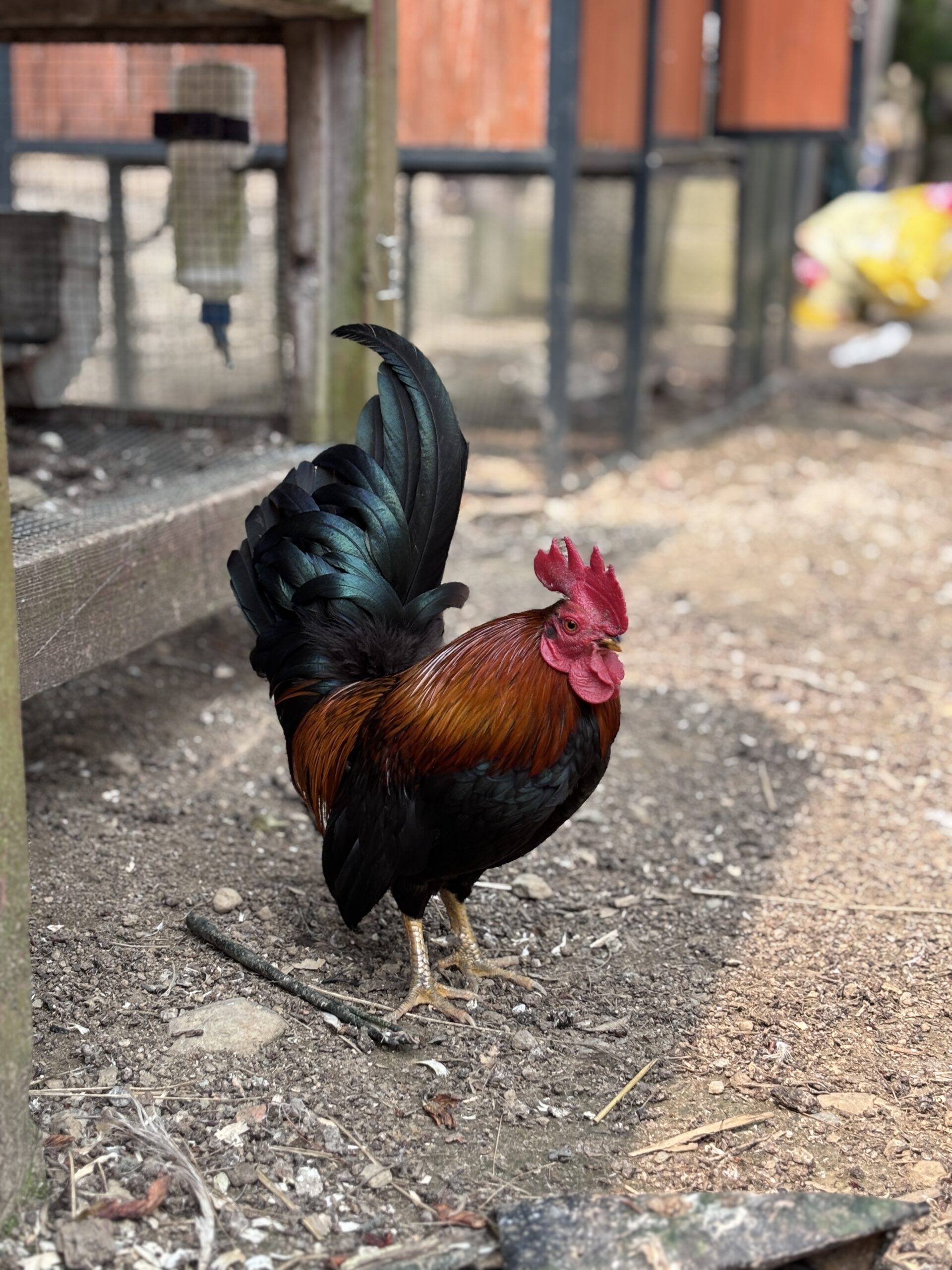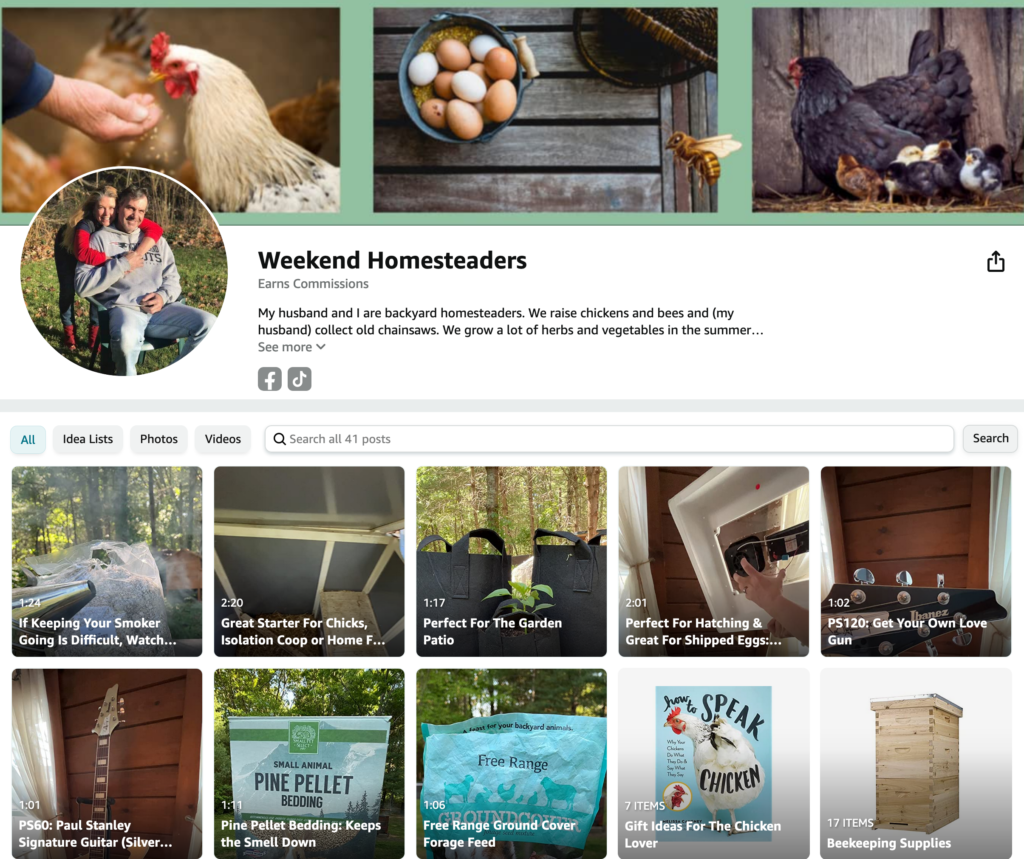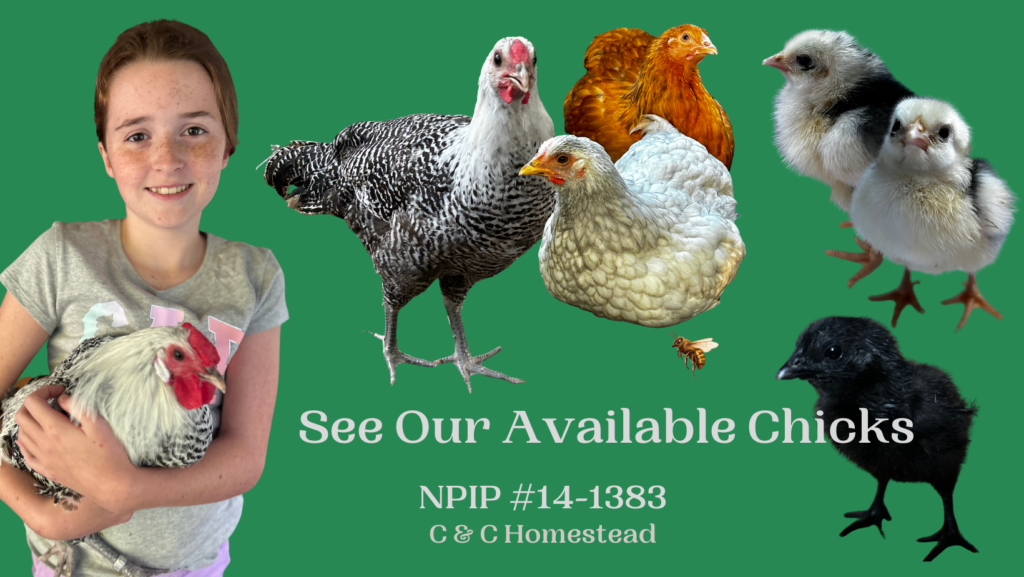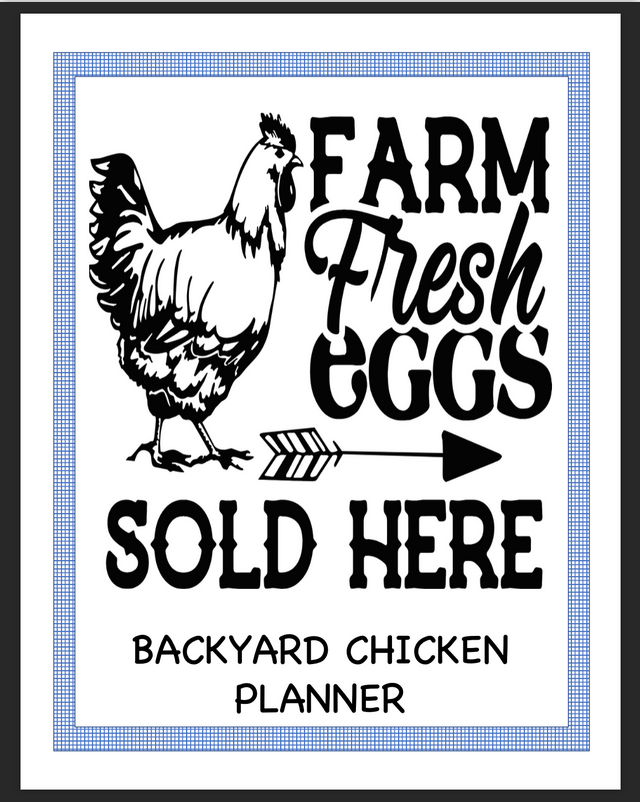Balancing Corporate & Homesteading Lifestyles
Why Bachelor Flocks Are Different — and Why They Work

If you’ve ever tried to manage multiple roosters in a mixed flock, you already know how fast things can get out of hand. One minute everyone’s dust bathing, and the next you’re breaking up chest-bumping matches, chasing down an overzealous roo, or treating a hen for feather damage.
It’s loud. It’s stressful. And for many keepers, it’s the reason they reluctantly rehome or cull roosters. But what if we told you there’s another way? A better way?
Enter: the bachelor flock.
This often-overlooked approach to rooster care can transform what feels like chaos into calm. With the right setup, roosters don’t just coexist — they thrive. And no hens are required.
🧠 The Power of Removing Competition
Let’s start with what drives the drama in most coops: competition for hens. Roosters are biologically wired to secure and protect mates. In a mixed flock, this instinct manifests in:
- Aggressive behavior toward other roosters
- Over-mating hens, often leading to injury or stress
- Constant crowing to claim dominance
Add more than one rooster to a group of hens and things often spiral into dominance battles, feather loss, and stress for the entire flock — humans included.
Now imagine what happens when you take the hens out of the equation.
In a bachelor flock, roosters are no longer driven by the urge to mate or dominate for reproductive rights. The hormonal “edge” softens. They become calmer, more relaxed, and more focused on food, sunshine, and scratching around together.
🏡 A Band of Brothers, Not Rivals
Bachelor flocks form their own social order — just like any group of animals — but without the constant pressure to compete, their pecking order is often:
- Established faster
- Maintained with less aggression
- Less likely to shift or escalate
Once that order is set, you’ll often see:
- Roosters foraging side by side
- Perching near each other at night
- Dust bathing together like old friends
While occasional disagreements happen (as they do in any group), fights are rare and typically short-lived.
In fact, many keepers report that their bachelor roos are gentler, quieter, and even affectionate — not just toward each other, but toward their humans.
🔬 The Science Behind Rooster Behavior
Roosters’ behavior is heavily influenced by hormones, which respond directly to the presence of hens. When hens are nearby, testosterone and dominance behavior ramp up. This explains why roosters in mixed flocks are often louder, more territorial, and more reactive.
Without hens around, those hormone levels shift. Roosters don't feel the same urgency to crow, chase, or claim ground. What you get instead is a stable, low-drama environment where they can just be… roosters. Without the posturing.
🛠️ Real Benefits of a Bachelor Setup
Bachelor flocks can reduce or eliminate many of the challenges associated with rooster keeping. Compared to mixed flocks, bachelor groups tend to have:
- Lower aggression levels once established
- Significantly less noise (yes, they still crow — but not competitively)
- No feather damage to hens
- No mating-related injuries
- No need to balance roo-to-hen ratios
- Less stress overall — for everyone
You still need proper space and resources (more on that in a moment), but the overall dynamic is much more manageable than most people expect.
🐣 A Humane Solution for “Extra” Roosters
If you hatch your own chicks, you’ve probably experienced the heartbreak of ending up with too many roosters and not enough homes. It’s one of the hardest realities of backyard breeding.
Bachelor flocks offer a humane, sustainable alternative to rehoming, isolating, or culling roosters. With proper setup, multiple males can live together peacefully, forming healthy social bonds and living long, fulfilling lives.
It also gives keepers the option to:
- Preserve rare bloodlines
- Observe rooster behavior more naturally
- Raise and rotate breeding stock responsibly
You don’t have to part with every spare roo — you just need to give them the right environment.
✔ Tips for a Successful Bachelor Flock
Setting up a bachelor flock isn’t hard, but a little planning goes a long way. Here are the keys to success:
- Start young if possible
Roosters raised together from hatch or early adolescence are more likely to bond and establish a stable hierarchy. - Introduce all at once (if they’re older)
Adding a single rooster to an existing bachelor group can be tricky. If you must mix adults, try to do it on neutral ground. - Provide plenty of space
Overcrowding creates stress and sparks fights. Give them room to roam, roost, and retreat when needed. - Create hiding spots and visual breaks
Use natural materials or coop dividers so birds can avoid eye contact and de-escalate when needed. - Avoid mixing roos who’ve just been with hens
Roosters coming straight from a mixed flock may still be hormonally charged. Let them “detox” for a few days first. - Observe closely at first
Some pecking and posturing is normal early on. Watch for signs of true aggression (blood, pinning, nonstop chasing).
🧡 Final Thought: Rethinking the Rooster
Roosters are often misunderstood. They’re labeled aggressive, loud, or dangerous — but in reality, they’re complex, intelligent animals reacting to the environments we put them in.
Bachelor flocks prove that roosters don’t have to fight.
They don’t have to be separated forever, rehomed in desperation, or culled as unwanted extras.
They just need their own space — free of competition — where they can be themselves. No hens. No chaos. Just a bunch of boys scratching in the sun, living their best feathered lives.
If you’ve ever hesitated to keep more than one rooster, consider trying a bachelor setup. It might just surprise you.
Visit us at Roo'd Acres Rooster Sanctuary - Middleboro, MA



